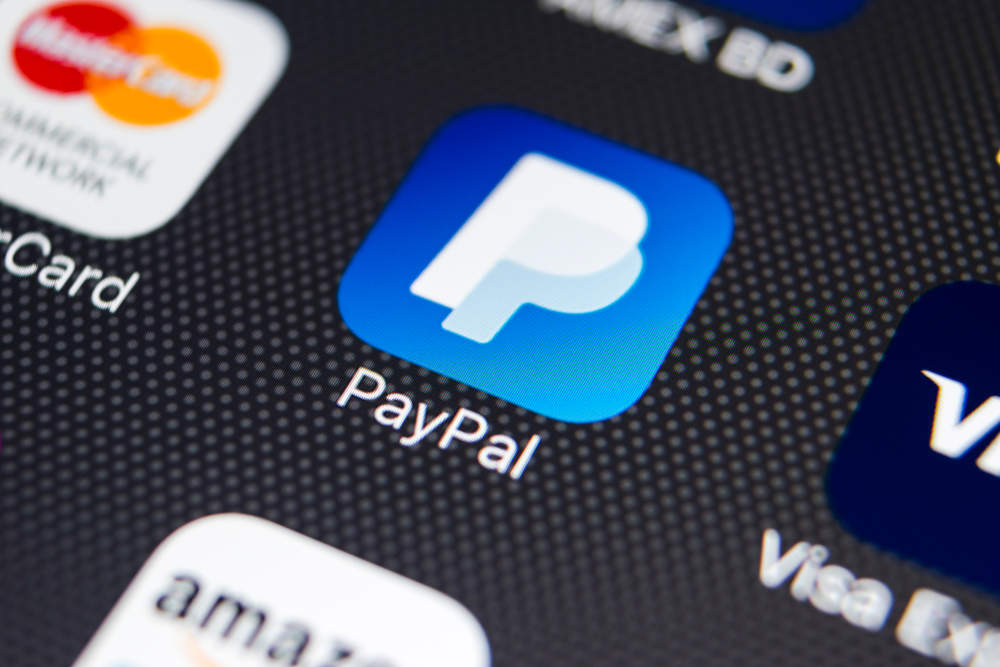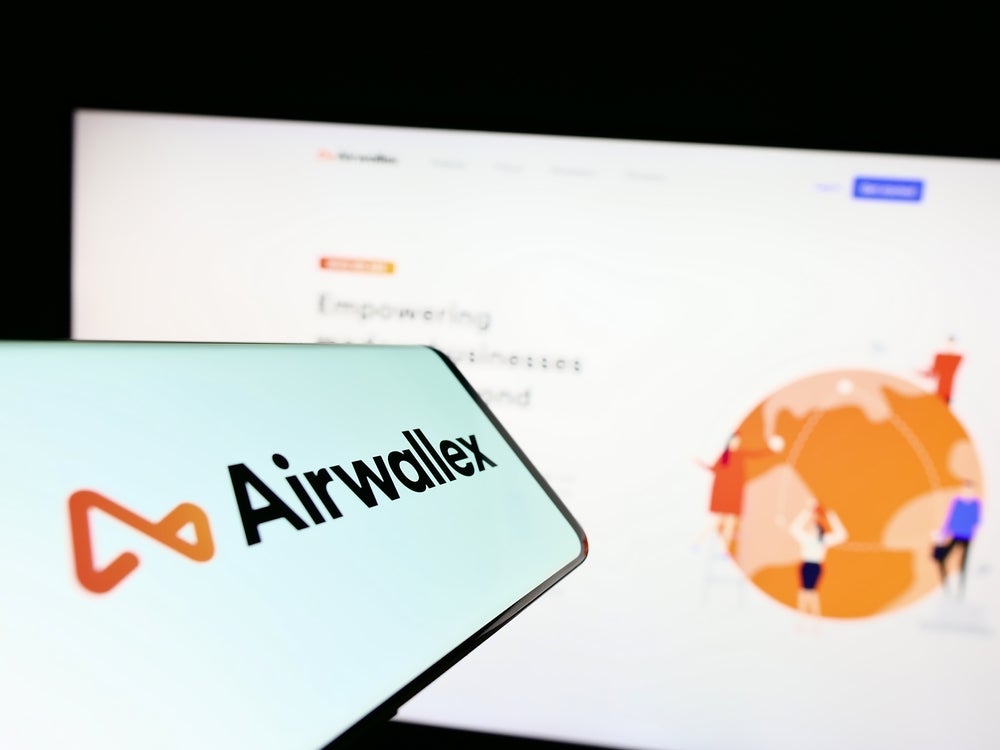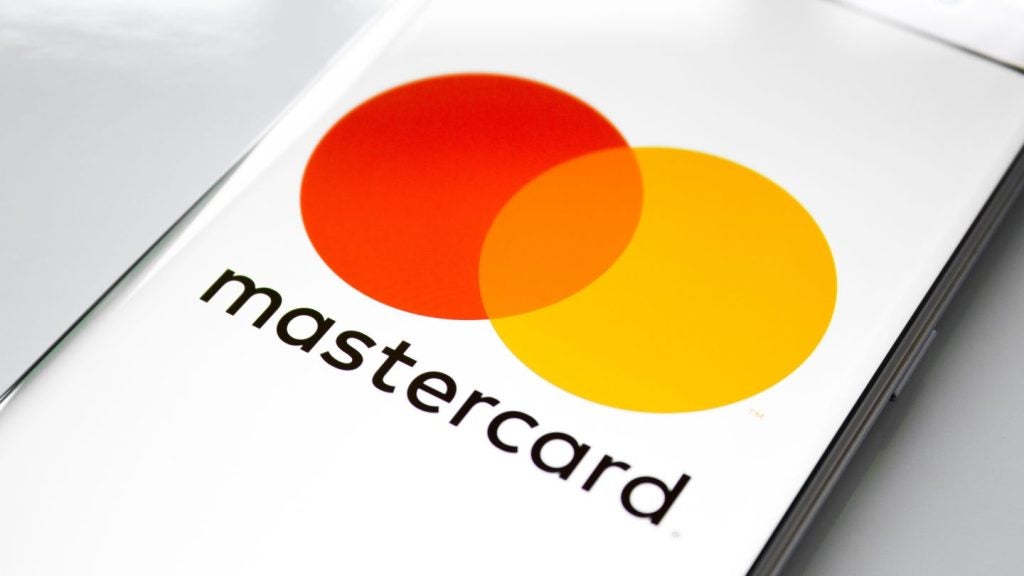
Open banking platform Tink has extended its partnership with PayPal to include all countries within the European Economic Area (EEA).
As a first step, PayPal will implement Tink’s open banking and account aggregation technology into some user experiences for customers. In addition, the expanded relationship is supported by a second strategic investment from PayPal.
Daniel Kjellén, co-founder and CEO of Tink, said: “PayPal is one of the world’s leading fintech companies. It serves more than 330m consumers and merchants in more than 200 markets worldwide. So we are honoured to have been selected to help this global leader, and delighted to have the opportunity to extend our relationship with them following this new agreement and strategic investment.
“As Europe’s leading open banking platform, we are looking forward to continuing to support PayPal as they extend and enhance their services across the whole of Europe.”
PayPal first invested in Tink in June 2019. Following this, PayPal supported a second investment, carried out in connection to Tink’s €90m funding round in January 2020.
Era of Open Banking
Through the alliance, Tink aims to leverage opportunities with PSD2 and Open Banking

US Tariffs are shifting - will you react or anticipate?
Don’t let policy changes catch you off guard. Stay proactive with real-time data and expert analysis.
By GlobalDataLast month, Tink released a report outlining that over half of European financial institutions are accepting of the Open banking era.
Speaking to EPI, Rafael Plantier, Tink’s UK & Ireland country manager, explained how Europe has approached the new era.
“There has been a rise in the number of European financial institutions that feel positive towards open banking,” he says. “With that being said, our data suggests that there are a number of institutions that don’t fully understand the true potential that it offers. This is holding them back from making the most of the opportunity.
“Indeed, some financial institutions have missed a trick by approaching open banking purely as a PSD2 compliance issue, rather than a strategic initiative that concerns the broader organisation and can create value for both business and customers alike.”






